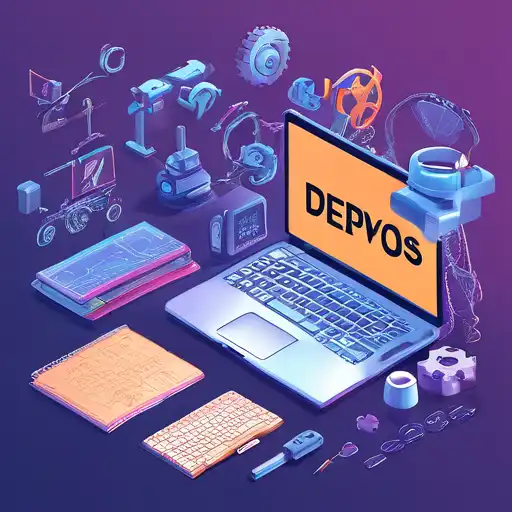Introduction to DevOps in 2023
As we step into 2023, the DevOps landscape continues to evolve, bringing forward tools that promise to streamline development and operations processes more than ever before. This guide highlights the essential DevOps tools you need to know to stay ahead in the game.
1. Continuous Integration and Continuous Deployment (CI/CD) Tools
CI/CD pipelines are the backbone of DevOps practices. Tools like Jenkins, GitLab CI, and GitHub Actions have dominated the scene, offering robust solutions for automating the software delivery process.
2. Infrastructure as Code (IaC) Tools
Managing infrastructure has never been easier with IaC tools. Terraform and Ansible lead the pack, enabling teams to automate the provisioning of infrastructure with code.
3. Containerization and Orchestration Tools
Containerization tools like Docker and orchestration platforms such as Kubernetes are indispensable for creating scalable and manageable applications.
4. Monitoring and Logging Tools
Visibility into applications and infrastructure is crucial. Tools like Prometheus for monitoring and ELK Stack for logging provide the insights teams need to maintain system health.
5. Collaboration and Communication Tools
DevOps is as much about culture as it is about tools. Platforms like Slack and Microsoft Teams facilitate seamless communication across teams.
Why These Tools Matter in 2023
The right set of tools can significantly reduce manual errors, improve efficiency, and accelerate time to market. In 2023, embracing these DevOps tools is not just an option but a necessity for teams aiming for excellence in software development and operations.
Conclusion
The DevOps tools landscape in 2023 is rich and varied, offering solutions for every aspect of the software development lifecycle. By leveraging these tools, teams can achieve higher productivity, better collaboration, and superior software quality.
